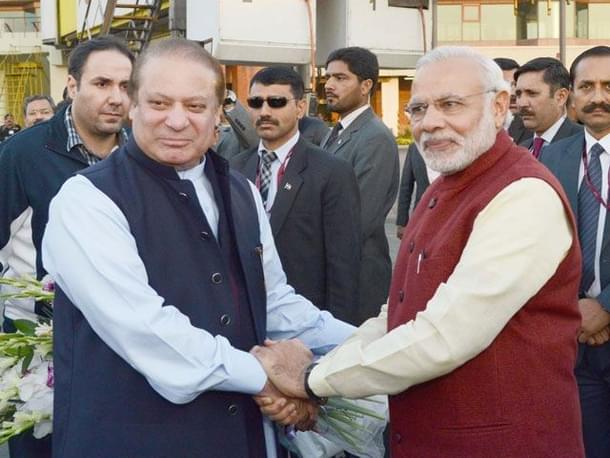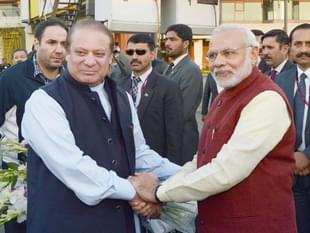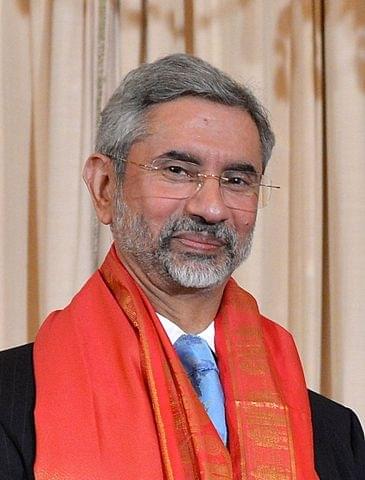Politics
Terror And Talks Will Continue With Pakistan
Swarajya Staff
Feb 03, 2016, 09:59 PM | Updated May 02, 2016, 11:00 PM IST
Save & read from anywhere!
Bookmark stories for easy access on any device or the Swarajya app.


Can terror and talks go together? India’s foreign secretary, S Jaishankar, gave a near categorical answer to the question and it was a “yes”.
Speaking on the second day of the Counter-Terrorism Conference organised by the India Foundation today (3 February) in the Pink City of Jaipur, India’s foreign secretary, S Jaishankar said talks were the only way to remain in touch and hope to get the other party to act on terror. He justified the forthcoming talks that he will be holding with his Pakistani counterpart and also the NSA-level talks initiated with that terror-sponsoring state.
Jaishankar’s response was to a question from the audience, but his main address was about how the international community was finally getting its act together on countering terrorism. The need for coordinated action against terrorism has come to the top of the global agenda in the context of the rise of Islamic State and its ability to reach right into the heart of Europe – as evidenced in the recent Paris attacks.
Jaishankar said that compared to the 1980s and early 1990s, when the world preferred to ignore terrorism that did not happen in the west, today there is clear consensus that terror is a global scourge. If it was once said that one man’s terrorist was another’s freedom fighter, today few people are willing to buy this argument.

The emerging global consensus is debunking old methods of living in denial. Today “Root” causes are no longer accepted as justification for terrorism. “Care-givers” of terrorism are seen as likely to be bitten by the terrorists they nurture – as Pakistan and others are finding out.
Buying peace at home with one group of terrorists does not give you immunity from it – as Europe is finding out. How you respond to terrorism outside your country cannot be different from how you respond to it internally – a lesson for India, which has been pussyfooting around terrorism in some states.
Non-state actors may provide an alibi for the state, but it is the state that provides oxygen to terror groups. The global response to terror is now focusing on crimping the finances of terror-linked groups, monitoring the sources of weapons and ammunition to terror outfits, etc.
Jaishankar emphasised that the world is waking up to the reality that the Westphalian state cannot avoid responsibility for what happens within its borders. He advocated the need to cause reputational damage to states sponsoring terror. By “naming and shaming” them, and by diplomatically isolating such states, it will raise the cost of their support to terrorism.
Of course, the terror outfits themselves cannot be affected by “naming and shaming” as publicity helps their cause and achieves their purpose better – which is to terrorise.




